& be a twenty-year survivor/thriver
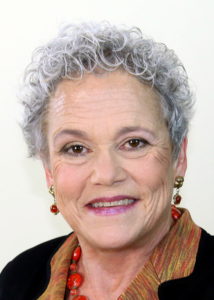
Dorothy Erlanger today inspires others to take personal charge of their wellness and their life decisions. She is an ovarian cancer survivor, considered a life-ender. But surviving wasn’t enough. Dorothy decided to become an athlete after 50 and has completed an Ironman Triathlon — a 2.4-mile swim, a 112-mile bike, and a 26.2-mile marathon.
Her message is profound and simple: Obstacles Become Your Path to Greatness.
Here she shares her 10 keys to fight through cancer.
10 keys to Go Through a Killer Cancer (Ovarian):
- Paying attention to your own body. I began having odd symptoms that I chalked up to probably early menopause – but decided to take action to get it checked out.
- Getting to the right doc. I didn’t have a gynecologist (had been having paps done by PCP) and needed to find a good person. How do I do that? Ask a friend who is a business owner and a registered nurse – who strongly recommended Dr. Susan Dausch. Perfect choice!
- An alert – and careful – ob gyn. Though I was initially diagnosed as having a fibroid, she said to get back in right away if anything changed significantly. Three weeks later, hugely bloated, I went back. The ultrasound showed what appeared to be a benign ovarian cyst, but she was suspicious and did a couple of blood tests. One was out of normal range though not drastically so.
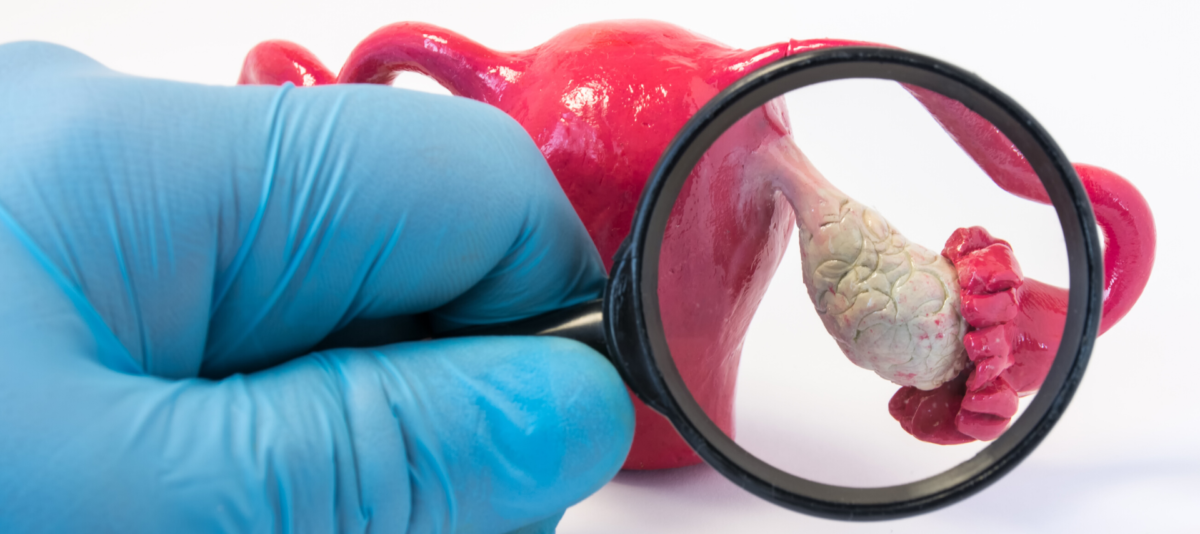
- Referral to a gynecologic oncologist. Dausch got a gyn onc, Dr. Randal West, in to do the surgery with her – and this is key. In ovarian cancer, there is a very high correlation with survivorship when a gyn onc does the initial surgery.
- A gyn onc with a ‘let’s get this show on the road’ approach. Once I was diagnosed, Dr. West had me in chemotherapy the next week. He realized that I was physically strong enough to handle this and didn’t want to waste any time.
- Learning to ask for help – as an independent and strong person, this is quite a lesson – and was critical to keeping me going
- A supportive family ‘team’ The hardest thing I did in this whole process was tell my mom that I had cancer. And throughout the process she became my calming ‘rock’ no matter what was happening. One of my brothers became my almost daily listening ear.
- Being a (very) proactive patient – I tracked everything, was extremely careful re infection risks and healthy diet. I asked questions (probably incessantly). I would arrive with my list of questions for each appointment with West. Then, when I was having trouble with delayed treatments because of near zero white cell counts, I stepped up and asked for a treatment that could boost white cell production. Not critical from the point of view of how I was responding but HUGELY important to me as I was trying to schedule work around treatments. The answer was ‘of course’. Remember, your doctor can’t read your mind. Ask!
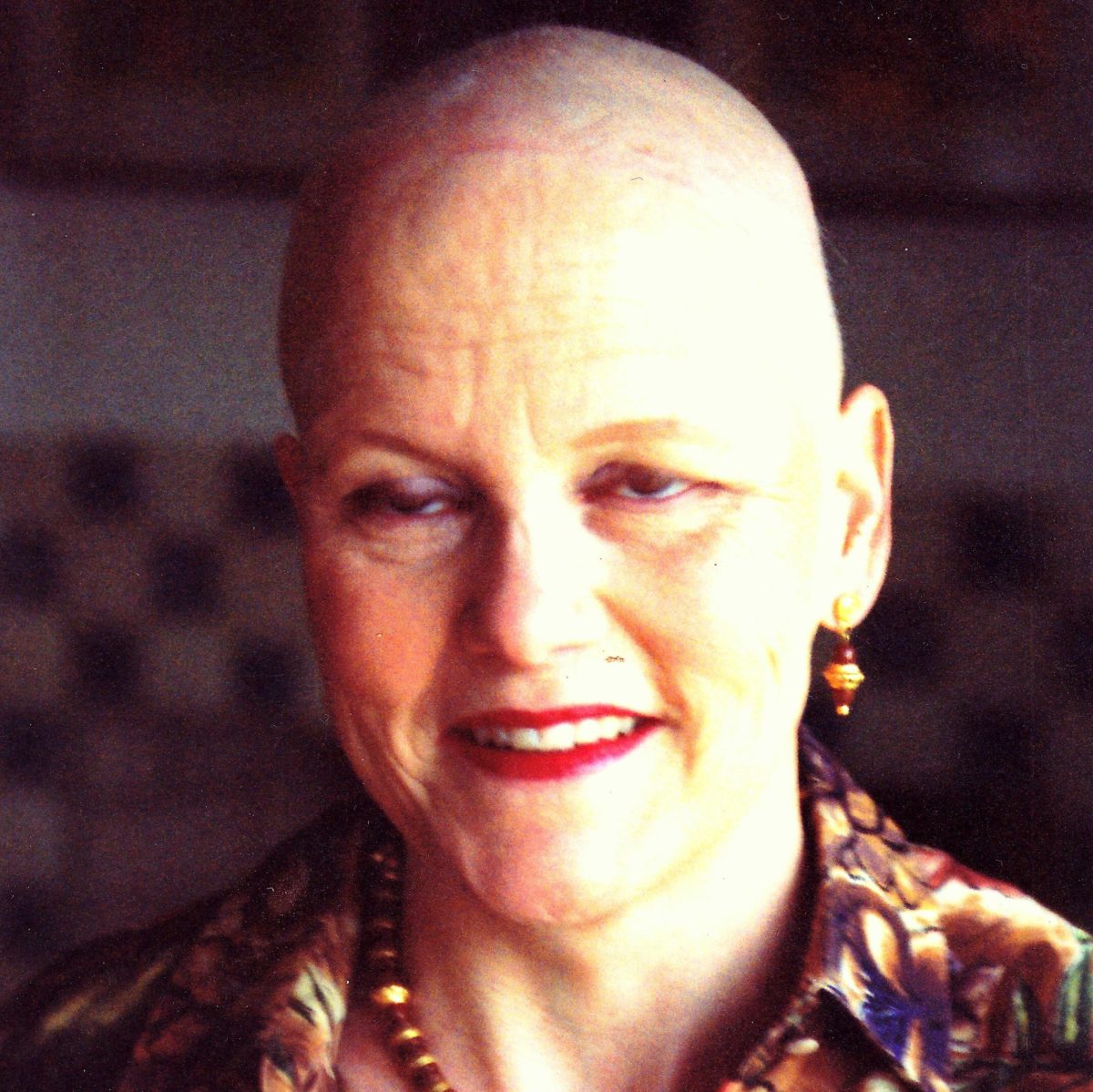
- A warm and wonderful support network – including but going way beyond the ‘usual suspects’ being surrounded by a support network for different aspects of what was going on was sooooo important
- Hanging in there for the long slog – I was in chemo for months on end. After a while it becomes a draining and seemingly everlasting condition. You just keep moving ahead, a day at a time.
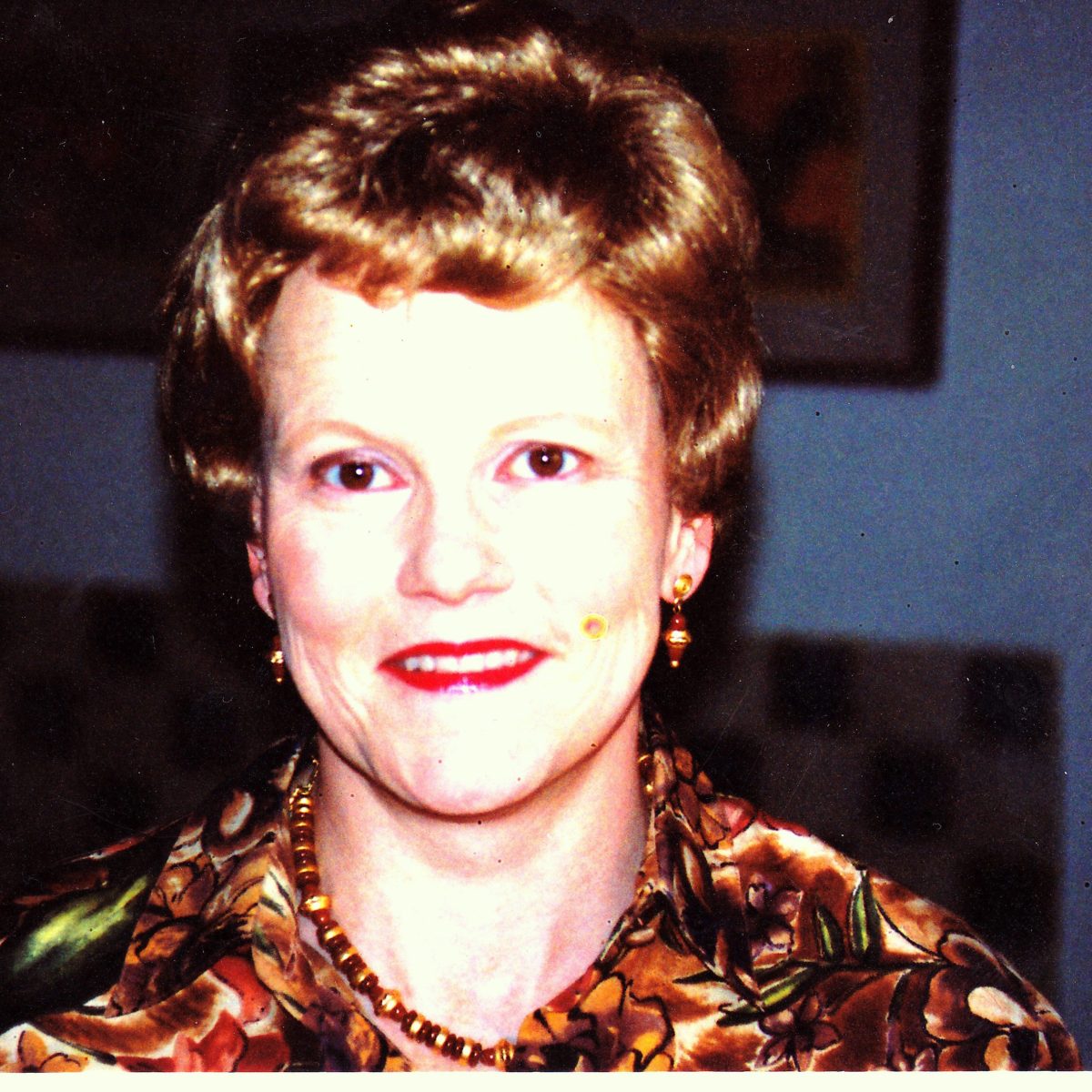
And when treatment is done, and you think you should be elated and happy – and find that you’re totally depressed to the point that you can barely get out of bed. Why? Well. you’re no longer doing anything about it, no longer tracking counts, scheduling appointments, looking at progress. Suddenly it’s a void, except for the ever-present dread of recurrence. It’s crucial to find SOMETHING that engages you, brings you back, involves you.
Starting Her Triathlon Journey
For me, that ‘something was starting training for a mini-triathlon. When I saw the notice of the special group for the ’50s plus crowd, I looked at it as almost a last chance to pull myself back into the world. I couldn’t walk a mile, hadn’t been in a pool or on a bike in years. But with the group all starting from ‘zero’, decided to try it. I did the event and loved it! Even more than the event, the community and total support were truly amazing.
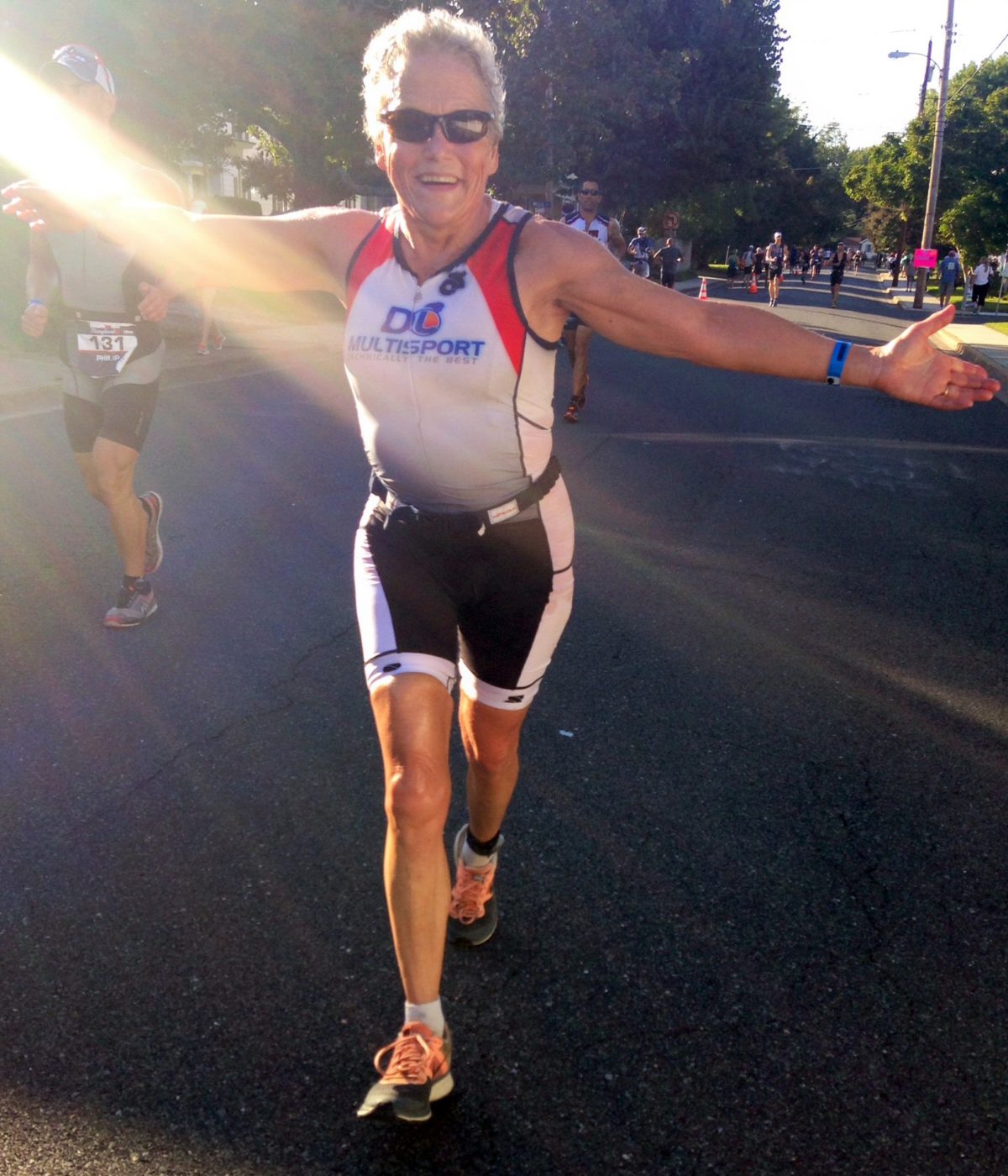
Advanced ovarian cancer (3 c) has a dismal survival rate for even five years, much less for 20. So, what do you do with ‘beating the odds? You pay it forward! I took part in a tracking study at NCI, became a research patient advocate, speak to medical students about the signs, symptoms, and the experience (there is still no diagnostic; they need to know what to be alert to), speak for women’s groups on what they should be aware of.
Now, as a 20-year ovarian survivor/thriver, it’s time to up that game. I am committed to a 20/20 effort, starting from the date I was diagnosed, August 29th. Commitment: raise $20,000 over 20 weeks and at the same time commit to doing 20 kilometers per week of bike/walk/run/swim, reporting back to you, my larger ‘team’ as I go.
To beat this beast, we must get earlier identification of high-risk individuals (genetic screening) and continue to work toward that ephemeral true diagnostic. Every dollar raised will be dedicated to these goals.
Disclaimer
The Content is not intended to be a substitute for professional medical advice, diagnosis, or treatment. Always seek the advice of your physician or other qualified health provider with any questions you may have regarding a medical condition.